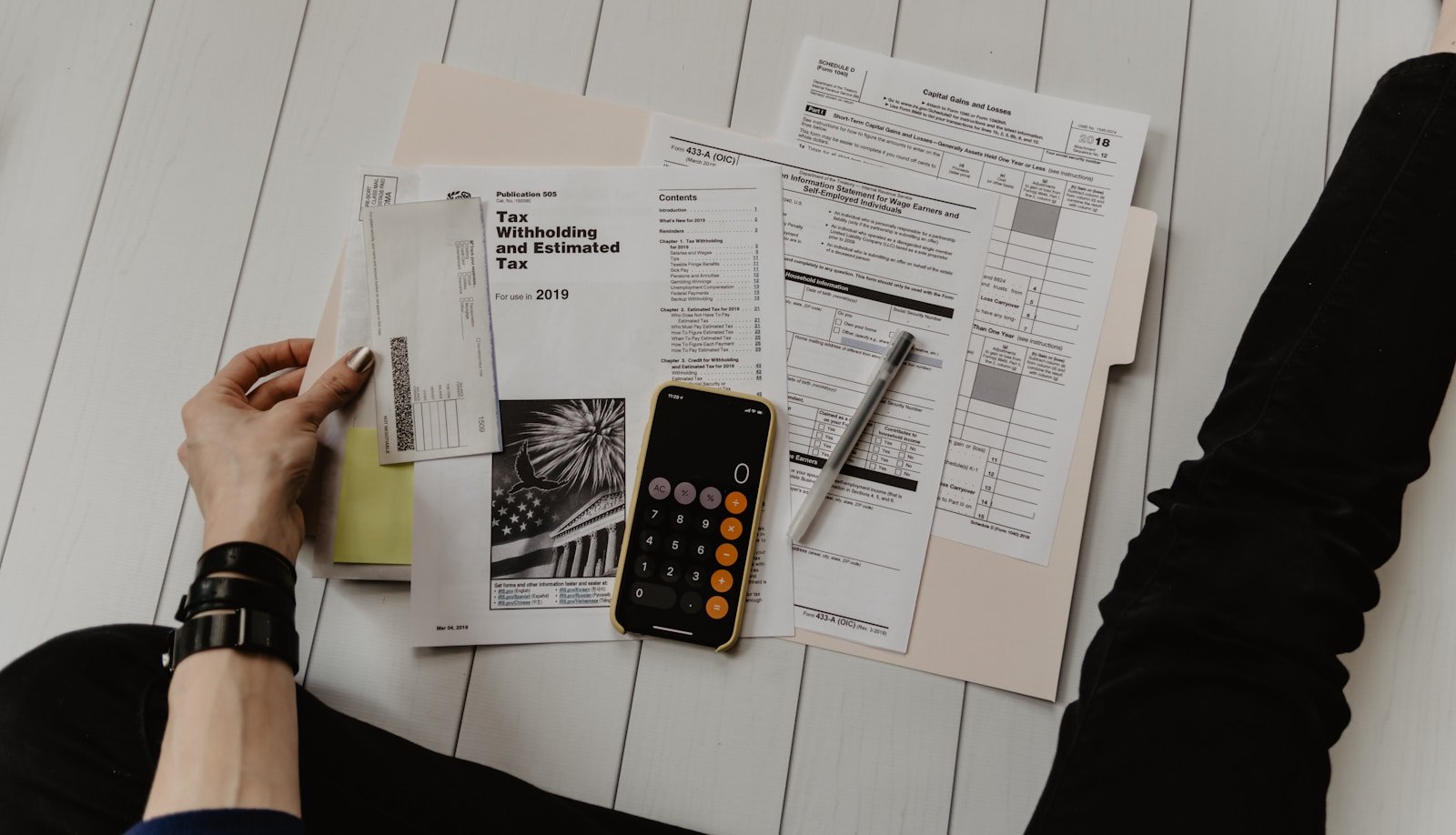Best 5 Apps to Manage Personal Finances For You
Best 5 Apps to Manage Personal Finances For You Introduction In today’s fast-paced world, managing personal finances can be a daunting task. With so many expenses to keep track of and an ever-expanding range of financial tools at our disposal, it can be difficult to stay on top of our financial well-being. However, the rise of technology has given us access to a multitude of tools and applications that can simplify the process of managing personal finances. As we look ahead to this year, the landscape of personal finance management apps is likely to evolve and expand, offering users more features and customization options than ever before. In this blog post, we will explore some of the best apps to manage personal finances in this year, highlighting their key features, benefits, and why they should be on your radar. 1. Mint Mint has long been a popular choice for individuals looking to streamline their financial management. With its intuitive interface and comprehensive features, Mint allows users to track their spending, create budgets, and set financial goals with ease. Currently, Mint is expected to remain a top contender in the personal finance app space, offering new integrations with banking institutions and enhanced data visualization tools. 2. Personal Capital Personal Capital is a robust financial planning app that offers users a holistic view of their financial health. In addition to budgeting and expense tracking features, Personal Capital provides investment tracking tools and retirement planning calculators. As we look ahead, Personal Capital is poised to introduce new features that leverage artificial intelligence and machine learning to provide personalized financial advice. 3. Yolt Yolt is a UK-based personal finance app that has gained traction for its sleek design and user-friendly interface. With Yolt, users can link multiple bank accounts and credit cards to track their spending across different accounts. Currently, Yolt is expected to expand its offerings to include more advanced budgeting tools and predictive analytics to help users make informed financial decisions. 4. Emma Emma is another up-and-coming personal finance app that has gained popularity for its focus on helping users eliminate unnecessary subscriptions and track their spending habits. In this year, Emma is projected to introduce new features that support cryptocurrency tracking and investment monitoring, catering to the growing interest in digital assets. 5. YNAB (You Need A Budget) YNAB is a budgeting app that takes a proactive approach to financial management, encouraging users to assign every dollar a job and prioritize their spending based on their goals. In this year, YNAB is set to unveil new tools that promote long-term financial planning and incorporate behavioral economics principles to help users make smarter financial decisions. Something More Than This For You In addition to exploring the best apps to manage personal finances, it’s important to consider broader trends shaping the personal finance landscape. The rise of open banking and data aggregation services is expected to revolutionize how individuals interact with their financial data, enabling seamless integration between various financial accounts and apps. Furthermore, the increasing emphasis on financial literacy and education is prompting app developers to create more user-friendly interfaces and educational resources to empower users to take control of their financial future. As we navigate the complexities of personal financial management, it’s clear that the best apps are those that offer a balance of automation and customization, empowering users to track their spending, set achievable goals, and make informed financial decisions. By leveraging the latest technology and incorporating user feedback, these apps are poised to revolutionize the way we manage our personal finances and pave the way for a more financially secure future. BONUS: BEST BUDGETING APPS PH | Managing Your Finances | Budgeting Basics Watch this video on YouTube: https://www.youtube.com/watch?v=8qrKX_sdNVE We discuss the top FREE busgeting apps! I reviewed over 20 free budgeting apps and to save you some time, I’ve narrowed it down to a few of my favorites. I’ll tell you all about my favorite apps and a few alternatives you can check out as well! Dealing with personal finances, especially since it’s not taught in school can be quite hard and confusing. I hope this video and this channel will help you out in the challenges we are facing right now with personal finance, entrepreneurship and adulting in general. Conclusion In conclusion, these apps prioritize user experience, data security, and innovation, helping individuals take control of their financial well-being in an increasingly digital world. Whether you’re a seasoned investor or a budgeting novice, these apps offer a range of features and tools to support your financial goals and make managing your money a seamless and rewarding experience. Explore more in Personal Finance for Beginners












